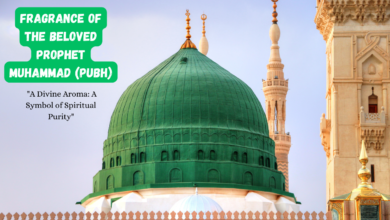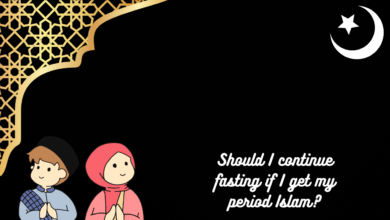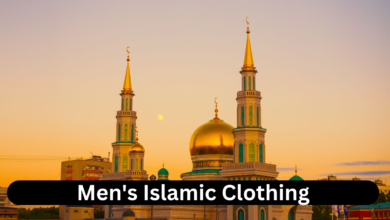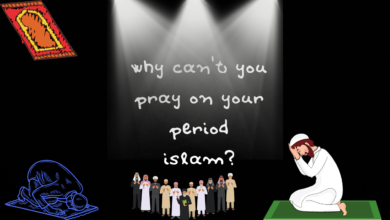Is makeup haram in Islam?

Introduction
Makeup has been a longstanding part of human culture, serving as a means of personal expression, enhancing one’s appearance, and boosting confidence. However, the question of whether makeup is permissible or prohibited (halal or haram) in Islam has sparked debates and discussions within the Muslim community. The topic is multifaceted, involving religious interpretations, cultural contexts, and individual beliefs.
Historical Context and Diverse Interpretations
Islamic teachings are primarily derived from the Quran, the holy book, and the Hadiths, the sayings and actions of the Prophet Muhammad (peace be upon him). However, the stance on makeup is not explicitly stated in either of these sources. Consequently, scholars and believers have turned to analogical reasoning and the broader principles of Islam to form their opinions.
One perspective in favor of makeup argues that there is no direct prohibition in Islamic texts. Supporters of this view highlight the significance of moderation and intention. They assert that wearing makeup with the intention of enhancing one’s appearance modestly and within the confines of Islamic guidelines is permissible. They also point out instances where prominent female figures during the time of the Prophet Muhammad (peace be upon him) are known to have worn adornments, although the extent and nature of these adornments are a subject of debate.
On the other hand, those who deem makeup as haram often refer to various Hadiths that emphasize modesty and warn against imitating the practices of non-believers. Some argue that excessive makeup, which alters one’s natural appearance drastically, goes against the principle of modesty and may lead to vanity or arrogance. Furthermore, they contend that makeup can potentially attract undue attention and objectification, thus contradicting the values of Islamic morality.
Modesty and Intentions
Modesty is a central theme in Islam. Many scholars and believers agree that any practice, including wearing makeup, should be evaluated through the lens of modesty. While it is essential to distinguish between enhancing one’s appearance modestly and engaging in excessive or attention-seeking behavior, the interpretation of what constitutes modest makeup varies among individuals and cultures.
Intentions also play a crucial role. Islam places great importance on intentions behind actions. If makeup is worn to please oneself, enhance self-confidence, or maintain a positive self-image, it may be viewed more favorably. Conversely, if the intention behind wearing makeup is to seek attention or to conform blindly to societal standards, it might be seen as problematic.
Cultural and Regional Differences
The perception of makeup in Islam is also influenced by cultural and regional norms. Different societies have varying degrees of acceptance and attitudes toward makeup. What might be considered modest makeup in one culture could be seen as excessive in another. This fluidity of interpretation is reflective of the broader diversity within the Islamic faith.
The Middle Ground: Balanced Approach
As with many issues in religion, there is room for a balanced and nuanced approach. Those who advocate for this perspective encourage Muslims to consider their intentions, be mindful of modesty, and strike a balance between personal expression and adherence to Islamic values. This approach acknowledges that makeup itself is not inherently haram, but its permissibility depends on how it is used, the context, and the individual’s intentions.
In Conclusion
The question of whether makeup is halal or haram in Islam is not a straightforward one. The diversity of opinions within the Muslim community stems from the absence of direct scriptural guidance and the influence of cultural factors. Ultimately, the decision to wear makeup rests on individual convictions, intentions, and the understanding of Islamic principles. As with any matter of faith, seeking knowledge, consulting with knowledgeable scholars, and engaging in thoughtful self-reflection are important steps for Muslims grappling with this issue.
FAQs about Makeup in Islam:
Is makeup haram (forbidden) in Islam?
No, makeup is not inherently haram in Islam. The permissibility of makeup depends on the intention, ingredients, and context in which it is used.
What factors determine whether makeup is permissible in Islam?
The use of makeup is considered permissible as long as it is not excessive, immodest, or intended to deceive. It should not lead to arrogance, vanity, or neglect of religious duties.
Can Muslim women wear makeup?
Yes, Muslim women can wear makeup as long as it is applied modestly and within the boundaries of Islamic teachings. The intention behind wearing makeup matters; it should be for personal grooming and beautification, not to attract inappropriate attention.
Is makeup allowed for prayer (Salat) in Islam?
Minimal and natural-looking makeup is generally permissible for prayer, but it’s recommended to keep the makeup light and not excessively showy. The focus during prayer should be on spiritual connection rather than appearance.
Are there any specific guidelines for makeup in Islam?
Makeup should not involve using haram (forbidden) ingredients, such as pig-derived substances. The makeup should not alter one’s natural features to an extreme extent and should maintain the principles of modesty and decency.
Is excessive makeup considered inappropriate in Islam?
Yes, excessive makeup, which significantly alters one’s appearance or draws undue attention, is discouraged in Islam. The emphasis is on maintaining a balance between beautification and modesty.






